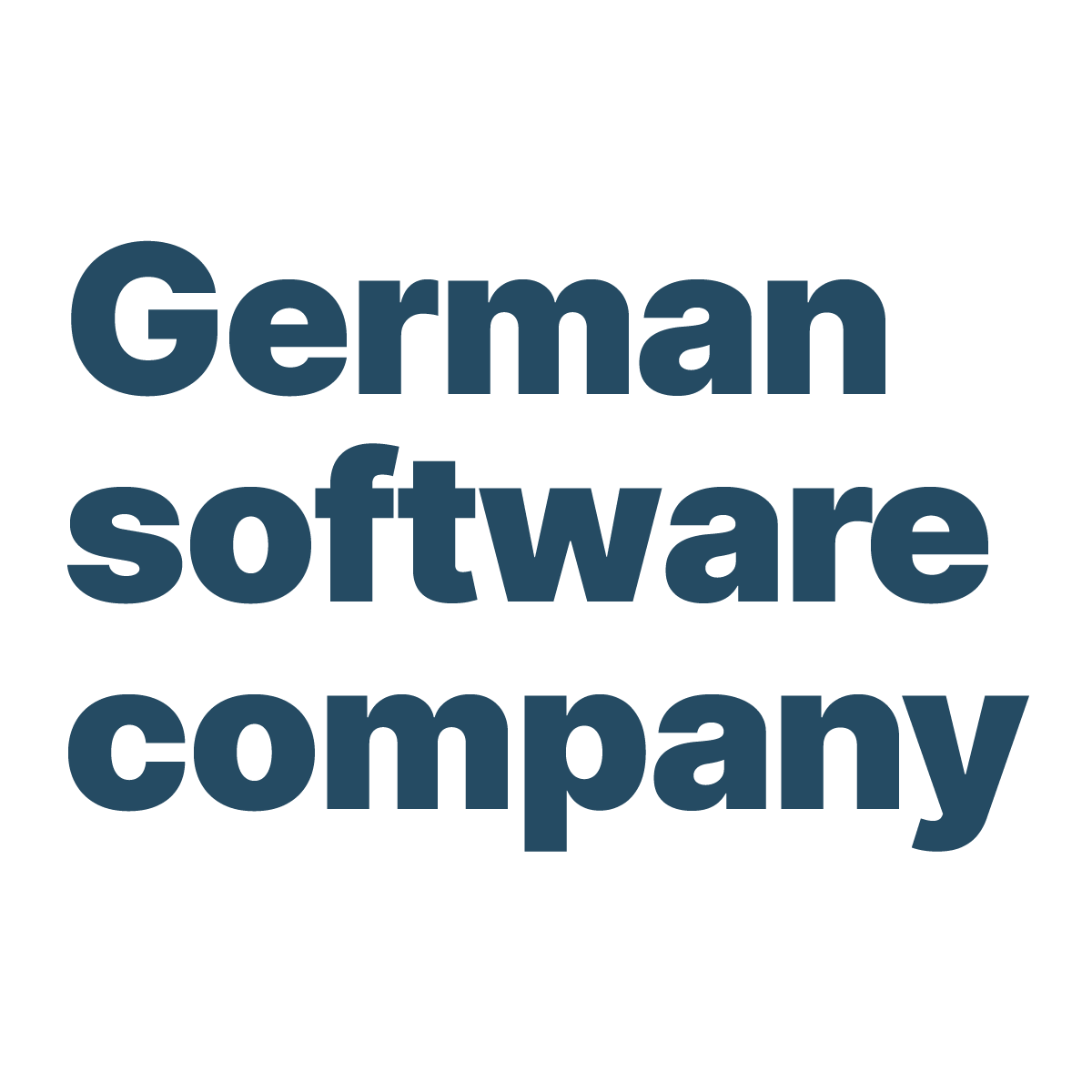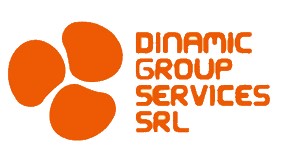Goals
The company has a small group of in-house translators with a focus on German-English translations. Their goal was to find a solution that would allow them to divide the material among translators without losing consistency, and to have all workflows and processes incorporated into one system.
Challenges
The need for a TMS solution came up due to the company’s growing concerns related to localization, such as missing integration opportunities, duplications in the TM, and usability problems, which led to consistency issues and time-consuming manual tasks.
Results
As an estimation, the company experienced about a 30% increase in overall productivity after implementing memoQ TMS. In addition, the new solution allowed them to considerably improve effectiveness and consistency.
Localization Challenges
The company’s localization team decided to look for a translation management system due to the challenges they were facing because of an outdated CAT tool that failed to keep up with their growing needs.
Issues such as a lack of shared Translation Memory, difficulties in synchronization, consistency problems, and poor TM maintenance options led to quality concerns and hindered productivity. The tool’s limitations extended to workflow and role-based working, making review and corrections outside the CAT tool inconvenient. Large document division among translators and integration with terminology management were unsupported, impacting user acceptance.
Usability problems also resulted in operational errors, leading colleagues to avoid using the legacy CAT tool altogether. Their dissatisfaction with customer support further led to the decision to seek a better solution.
Why memoQ TMS?
The decision-making process started in 2021, with a cloud trial in December. After using the solution for a couple of months, the company chose memoQ TMS.
Several factors played a role in opting for memoQ. Firstly, the extensive range of functions offered by memoQ aligned closely with the team’s requirements across various aspects, including workflow and roles. The platform’s robust resource offerings, such as Translation Memories (TMs), LiveDocs, and Muses, provided a comprehensive solution. Easy TM handling and adaptability of light resources, like filter settings, were key considerations. The ease of use of the memoQ user interface also made the transition easier for linguists and PMs. Last but not least, consistent TMs, up-to-date content, and efficient reuse mechanisms significantly improved their translation process.
The process of integrating their external terminology management system with memoQ was successfully completed via the use of WS-API in May 2023, allowing automated terminology import into the memoQ term base on a regular basis. Overall, the transition to memoQ has not only addressed the team’s previous challenges but has also paved the way for a more efficient and collaborative translation process.
Results After Implementing memoQ TMS
The implementation of memoQ has led to significant results in the team’s translation workflow. The collaboration between translators and reviewers, including the incorporation of track changes and comments, has become seamless and efficient.
Translators now have instant access to relevant, always up-to-date terminology during translation, as well as predictive typing based on Muses. The implementation of helpful default import filters and memoQ TMS’ easy customization options has simplified the integration of Office formats from the company’s Document Management System, making memoQ a versatile tool that supports all necessary file formats for the team.
The reuse of the team’s terminology database within memoQ has not only improved consistency but has also significantly contributed to the overall satisfaction of the team. The entire team enjoys working with memoQ, thanks to its user-friendly interface and the positive impact it has had on their translation processes.
About the company
Based in Germany, the company specializes in software integrations and digital transformations. They have over one hundred employees, among them a localization department responsible for the localization of different types of content, including marketing materials and technical documentation.




